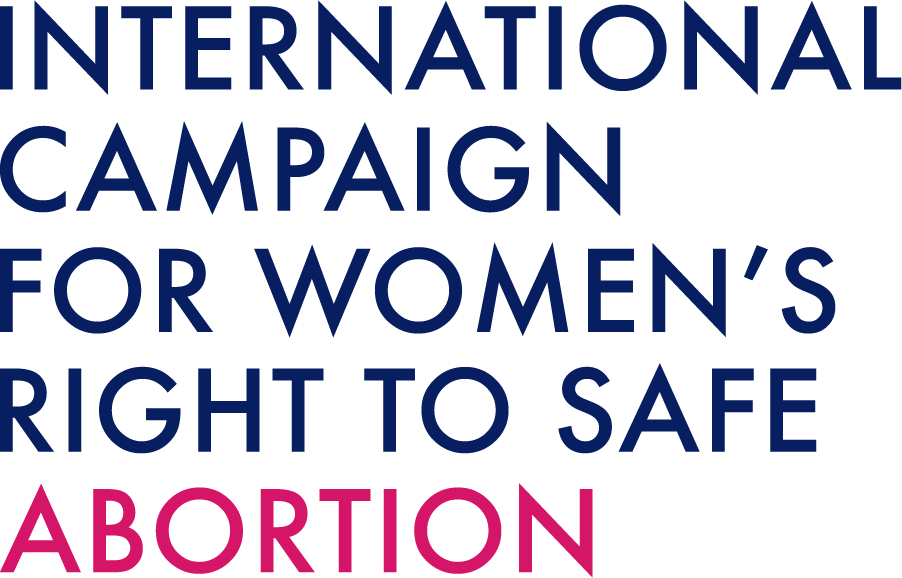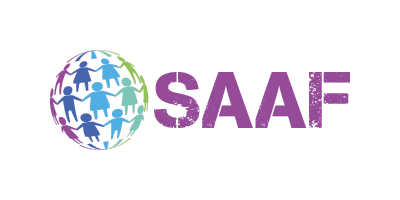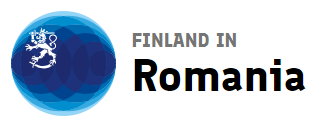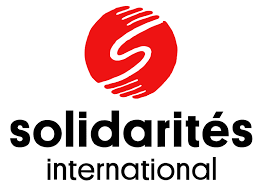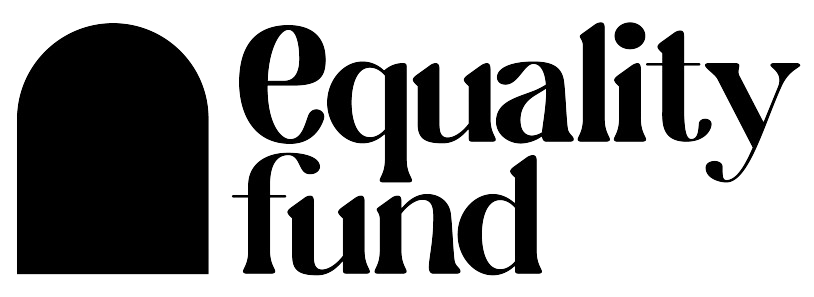
The Fight for Safe and Legal Abortions in the European Union Remains
Upholding Freedom and Equality in Europe
The European Union was founded on the principles of freedom, equality, and respect for human rights. These values are meant to apply equally to all citizens, regardless of gender. Yet, despite decades of progress, women across Europe continue to face inequalities when it comes to their reproductive rights and access to safe abortion services.
In 2025, the fight for reproductive freedom remains ongoing. While some EU countries have strengthened protections for women’s autonomy, others maintain restrictive laws that limit access to abortion and, in extreme cases, endanger women’s lives.
Denmark: Expanding Access and Strengthening Autonomy
A significant milestone was reached in Denmark on 1 June 2025, when a new abortion law came into force. The reform extended the period during which abortion is permitted from 12 to 18 weeks of pregnancy, reflecting a strong commitment to gender equality and reproductive health.
The new legislation also eliminated the requirement for parental consent for minors. Young women aged 15 to 17 can now make their own decisions regarding abortion, marking a historic step toward full bodily autonomy.
Denmark’s approach reaffirms that abortion is not only a medical procedure but also a human right—a service that must be accessible, safe, and free of charge for all who need it. This development positions Denmark as one of Europe’s most progressive countries on reproductive rights.
Poland: Restrictive Laws and Human Consequences
In stark contrast, Poland continues to uphold one of the most restrictive abortion laws in Europe. The UN Committee on the Elimination of Discrimination against Women has classified Poland’s legislation as “a violation of women’s rights.”
Since the 2020 rollback of abortion rights, access to the procedure has been limited to very few cases: rape, incest, or threats to the woman’s life or health. Even in these rare circumstances, many doctors refuse to act out of fear of legal consequences or due to religious convictions.
The strong influence of the Catholic Church in politics and public life perpetuates a pro-life narrative that often outweighs medical ethics and women’s well-being.
The Case of Dorota Lalik
The tragic death of 33-year-old Dorota Lalik in May 2023 exposed the devastating effects of Poland’s restrictive abortion policy. Lalik, who was five months pregnant, was denied a medically necessary abortion after her water broke. Doctors refused to intervene until the fetus’s heart stopped, citing moral objections. Lalik died of septic shock three days later.
Her death sparked nationwide protests and renewed demands for change. However, despite campaign promises from Prime Minister Donald Tusk to liberalize the law, little progress has been made.
Many Polish women continue to travel abroad to access abortion services. According to Abortion Without Borders, more than 1,100 women traveled outside the country in 2024, mainly to the Czech Republic, where access is less restricted. Yet for many, these options remain financially out of reach.
Malta: A Total Ban with Limited Exceptions
Malta remains the only EU member state where abortion is completely prohibited under criminal law. Article 243 of the Maltese Penal Code punishes both women and healthcare providers involved in abortion with imprisonment.
The law allows no exceptions, even in cases of rape, incest, or fetal malformation. Only in 2023 was a minimal amendment introduced, permitting abortion when a woman’s life is in imminent danger — and only if the fetus has not yet reached viability.
The reform followed the widely publicized case of Andrea Prudente, a U.S. citizen who was denied a life-saving abortion while visiting Malta in 2022. She was eventually evacuated to Spain for emergency care. Her case highlighted the inhumane consequences of total bans on abortion and prompted international condemnation.
A Divided Europe on Reproductive Rights
The situation across the EU illustrates a growing divide between countries that recognize women’s right to choose and those that continue to restrict it under religious or political influence.
Where Denmark represents progress, countries like Poland and Malta remain emblematic of regression. This disparity raises fundamental questions about the EU’s ability to uphold its core values of equality and human dignity within all member states.
Restricting or criminalizing abortion does not eliminate the need for it — it merely forces women to seek unsafe procedures or travel abroad, putting their health and lives at risk.
As the European Union continues to define its identity as a defender of human rights, ensuring universal access to safe and legal abortion must remain a central priority.
Source: The fight for safe and legal abortions in the EU remains – Treffpunkt Europa






